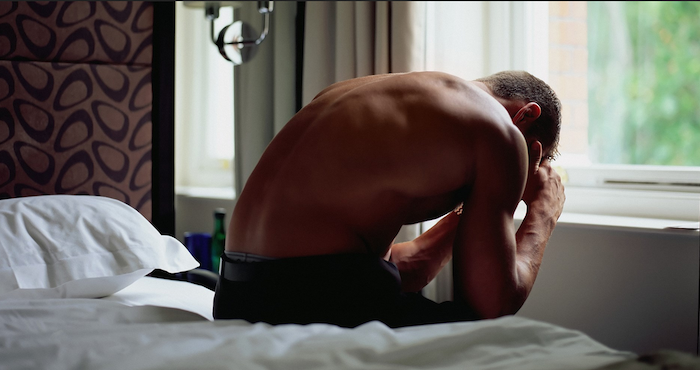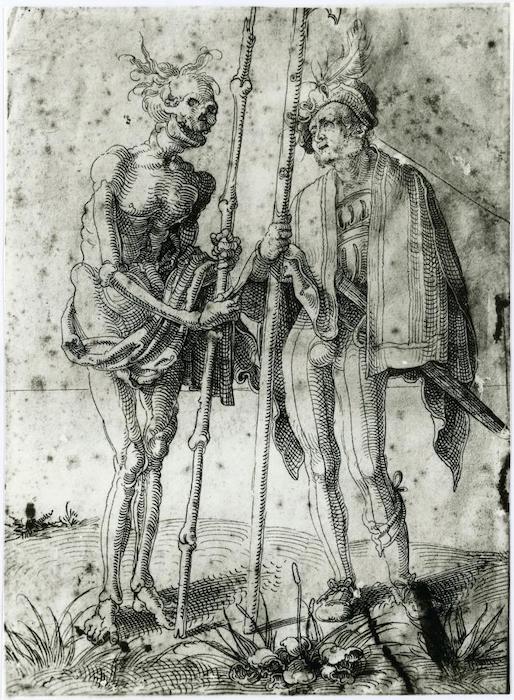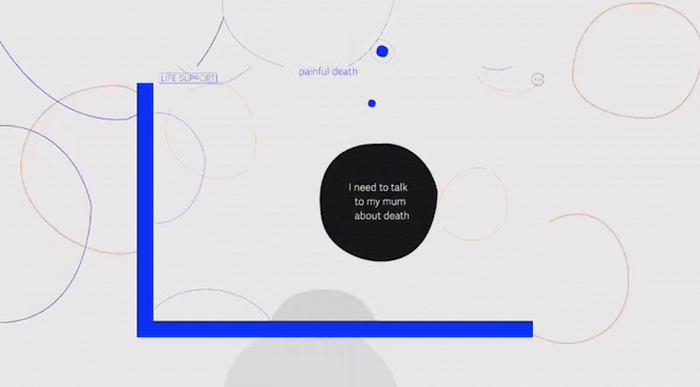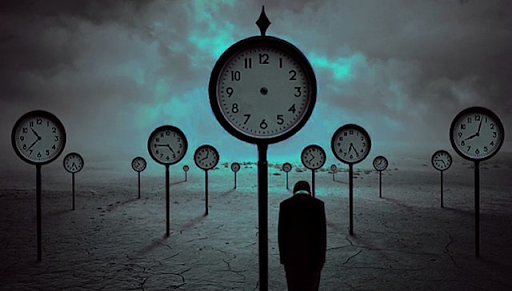Hospice chaplain shares common regrets she hears from people who have less than six months to live.

By A. Pawlowski
Sitting at the bedside of dying patients, Tenzin Kiyosaki sees every day how regrets can haunt people at the end of life.
The former Buddhist nun works as an interfaith hospice chaplain for Torrance Memorial Medical Center in the South Bay area of Los Angeles, tending to the spiritual and emotional needs of people who have less than six months to live, and listening to their concerns.
When her brother, “Rich Dad Poor Dad” author Robert Kiyosaki, asked her what the dying talk about, she mentioned some of the common concerns she heard over and over. Kiyosaki shares them in her new book, “The Three Regrets: Inspirational Stories and Practical Advice for Love and Forgiveness at Life’s End.”
It’s also a nudge for younger, healthier people to take action to resolve or prevent regrets now.
Kiyosaki wants people to remember that death doesn’t only come to the old.
Remembering that you are going to die is the best way I know to avoid the trap of thinking you have something to lose. You are already naked. There is no reason not to follow your heart. — Steve Jobs
No one knows when their time is up, whether because of an accident or illness.
Life is impermanent not only for you, but your family, friends and loved ones. Kiyosaki’s own mother passed away suddenly at 49, leaving the family in shock.
“Understanding that death can come at any time can help you see how precious life is and how to really get on with our ambitions and our dreams, and to be kind to each other,” Kiyosaki, 72, told TODAY.
“We should clear the regrets now and go for our dreams rather than just hanging on to regrets that take up a lot of mental and emotional space.”
I did not live my life of dreams.
One patient always wanted to travel the world, but never did. “She felt like, ‘I never got out of here, I never got to do what I really wanted to do,’” Kiyosaki said.
For others, the “what if” regrets might center around never taking a chance on starting a business, applying for a dream job abroad or moving to a new city.
Kiyosaki urged people to examine whether they’re neglecting or putting off their dreams and if so, to turn it around and go for them now — it’s not too late. One terminally-ill woman she knew flew to Europe by herself despite all the obstacles in her way.
I did not share my love.
Many end-of-life patients are frustrated that they haven’t been able to share what’s really in their heart and say what they needed to say to their loved ones. For some, that might be “I love you.” For others, just being able to acknowledge, “I was absent, I was cruel, I was unavailable,” can transform a family and allow it to heal.
“I just feel like it’s important for people to see that they don’t have to live their whole life this way,” Kiyosaki said.
“Don’t fade away from life without saying what you need to say,” she writes in her book. “Find ways to say ‘I love you’ and express your love every day.”
I did not forgive.
This is perhaps the biggest regret many people have at the end. Old wounds and unfinished business rise to the surface, but holding on to past grievances hurts us, Kiyosaki writes, citing a quote from Buddha: “Holding on to anger is like grasping a hot coal with the intent of throwing it at someone else — you are the one who gets burned.”
The power of forgiveness is a gift you give to yourself.
Kiyosaki recommends an exercise: Imagine you have one year left to live. Who would you call? What would you do and say to be at peace? Do it now.
“If you just clear the regrets, you have so much more open heart and receptivity to the world,” Kiyosaki said. “Let’s turn it around and enjoy our lives because they are impermanent — we’re all going to face end of life.”
Complete Article ↪HERE↩!






